
A Complete Guide to Rooibos Tea
Rooibos tea, also known as red bush tea, hails from the Western Cape region of South Africa and has gained popularity worldwide for its distinctive flavor and potential health benefits. […]
 play_arrow
play_arrow
The Ultimate Guide to Tea Brewing Mr. Tea Talk
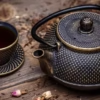 play_arrow
play_arrow
A Comprehensive Review of 3 Must-Have Tea Products on Amazon Mr. Tea Talk
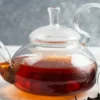 play_arrow
play_arrow
The Ultimate Guide to the Best Tea Essentials on Amazon: Kettles and Teapots You’ll Love Mr. Tea Talk
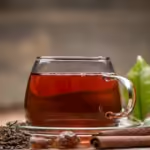 play_arrow
play_arrow
The Best Teapots for Tea Lovers: Silver vs. Borosilicate Glass Mr. Tea Talk
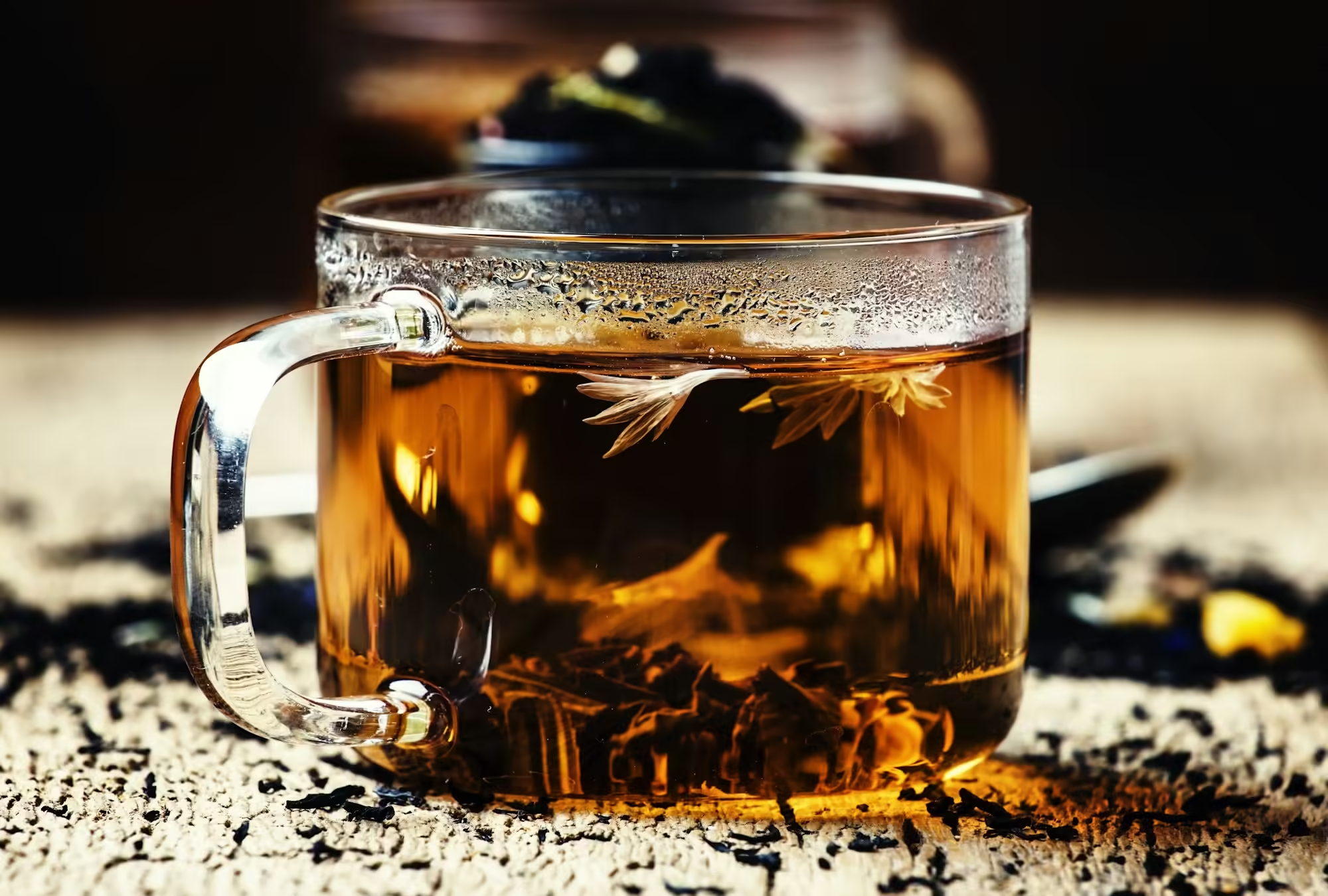
 play_arrow
play_arrow
The Ultimate Guide to Black Tea Mr. Tea Talk
Black tea, cherished for its bold flavor and cultural significance, is one of the most consumed teas worldwide. Originating from China centuries ago, black tea has evolved into various types and blends, each offering unique characteristics. In this detailed guide, we explore the rich history, potential health benefits, diverse varieties, and optimal brewing methods of black tea to help you appreciate its versatility and flavors.
Black tea, derived from the Camellia sinensis plant, undergoes full oxidation during processing, resulting in its distinctive dark color and robust flavor profile. The oxidation process alters the tea leaves’ chemical composition, enhancing their flavor complexity and promoting the formation of beneficial compounds. This full oxidation is what differentiates black tea from other types of tea like green or white tea, which are minimally oxidized or not oxidized at all.
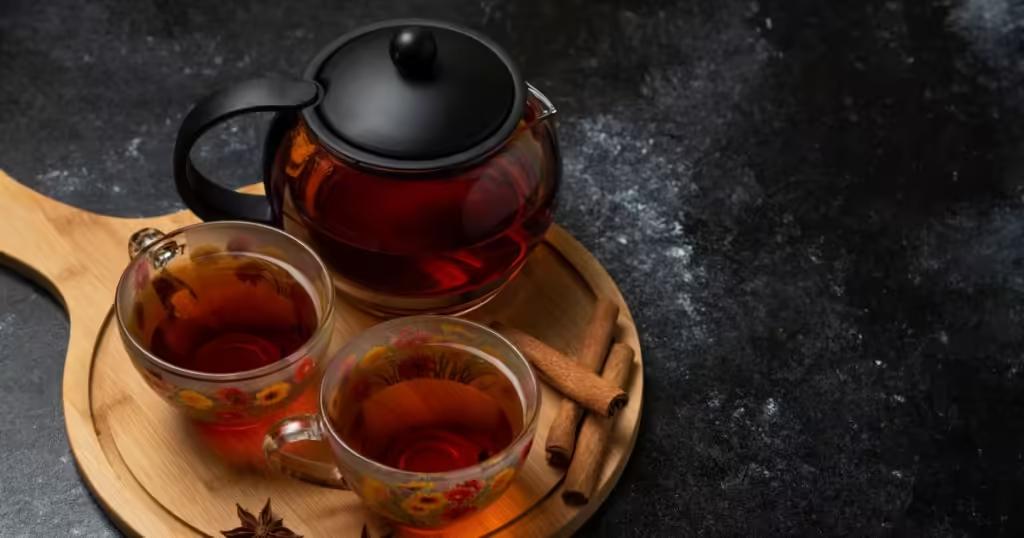
Black tea’s history can be traced back to the Tang Dynasty in China, where it was initially known as “red tea” due to the reddish-brown color of its brew. The production and consumption of black tea spread to various parts of the world over the centuries. It played a significant role in global trade, particularly during the British colonial era, when tea from India and Sri Lanka (formerly Ceylon) became popular. Today, black tea is integral to many cultures, enjoyed in numerous forms such as traditional British afternoon tea, Indian chai, and Moroccan mint tea.
Black tea is renowned for its numerous health benefits, which are attributed to its rich antioxidant content and moderate caffeine levels. Here are some key health advantages:
Black tea contains flavonoids, particularly theaflavins and thearubigins, which act as antioxidants. These compounds help protect cells from damage caused by free radicals, potentially reducing the risk of chronic diseases and promoting overall health.
Studies suggest that regular consumption of black tea may help lower the risk of heart disease. The flavonoids in black tea can improve cholesterol levels, enhance blood vessel function, and reduce blood pressure, contributing to better cardiovascular health.
The moderate caffeine content in black tea can enhance alertness, focus, and cognitive function. Unlike the high caffeine levels in coffee, black tea provides a gentler energy boost without causing the jittery effects often associated with higher caffeine beverages.
Some research indicates that black tea may support digestive health. The compounds in black tea can aid in digestion, reduce inflammation in the digestive tract, and potentially lower the risk of digestive disorders such as ulcers and irritable bowel syndrome.
Black tea contains alkylamines, which can boost the immune system by helping the body respond more effectively to infections. Additionally, the antioxidants in black tea may support immune function by protecting immune cells from damage.
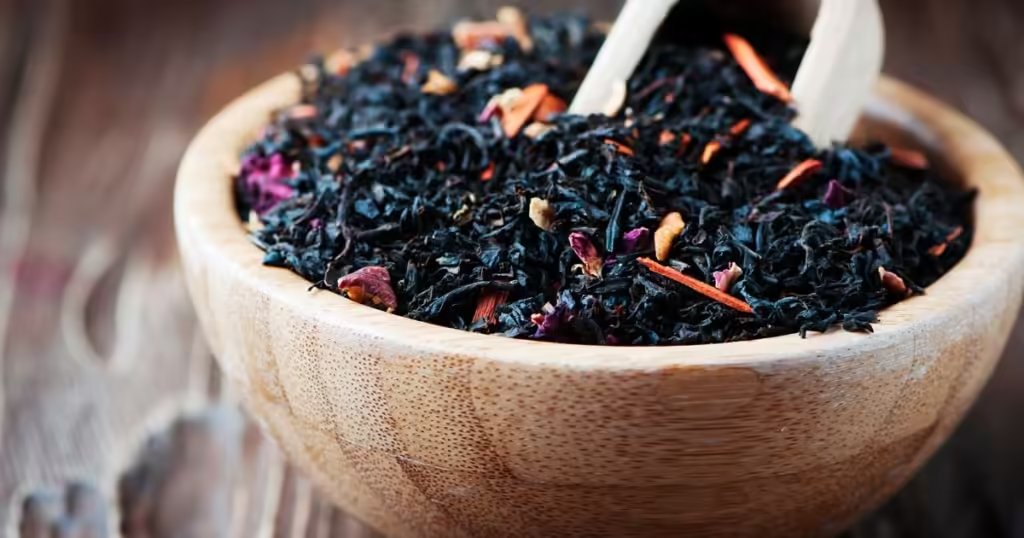
Black tea varieties vary based on region, processing methods, and flavor profiles. Here are some of the most popular types:
Produced primarily in Sri Lanka, Ceylon tea ranges from bold and brisk to delicate and aromatic, depending on elevation and processing. The flavor of Ceylon tea can vary significantly, but it generally has a bright, citrusy character. It is commonly used in iced tea blends and can be enjoyed plain or with milk and sweeteners.
Known for its robust, malty flavor, Assam tea comes from the Assam region in India. It is often used in breakfast blends due to its strong, bold character. Assam tea is known for its deep amber color and is a key ingredient in traditional English Breakfast and Irish Breakfast teas.
From the Darjeeling region in India, Darjeeling tea offers a lighter, floral flavor with muscatel notes, often compared to wine. It is considered the “Champagne of Teas” and is highly prized for its unique and delicate flavor profile. Darjeeling tea is typically enjoyed without milk to fully appreciate its subtlety.
A Chinese black tea with a complex flavor profile, Keemun ranges from fruity to smoky and is often used in English breakfast blends. It is known for its smooth texture and rich aroma, with hints of pine, plum, and floral notes. Keemun is a favorite among connoisseurs for its sophisticated and layered flavors.
Lapsang Souchong is a unique black tea from China, known for its distinctive smoky flavor. The leaves are traditionally smoked over pine wood fires, giving the tea a bold, smoky aroma and taste. It is a popular choice for those who enjoy strong, unconventional flavors and pairs well with savory foods.
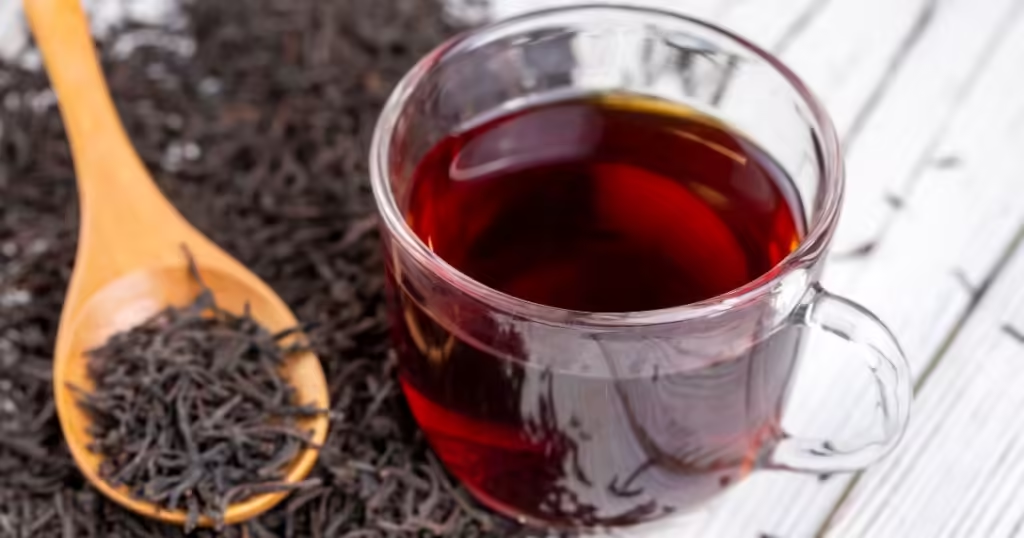
To brew a perfect cup of black tea, follow these steps:
Boil water to 200-212°F (93-100°C) for black tea, which requires high temperatures to fully extract its flavors. Using water at the correct temperature ensures that the tea leaves release their full range of flavors without becoming bitter.
Steep black tea for 3-5 minutes, adjusting based on desired strength and tea variety. Longer steeping times may result in bitterness. It is important to find the right balance to achieve a strong but pleasant flavor.
Use approximately 1 teaspoon of loose black tea leaves per 8 ounces of water. Adjust for personal taste preferences. Using the right amount of tea leaves ensures a well-balanced cup without being too weak or too strong.
Black tea can be brewed in various vessels, including teapots, infusers, and even traditional gaiwans. Each method can slightly alter the flavor profile of the tea. Experimenting with different brewing methods can enhance your tea-drinking experience.
Black tea can be enjoyed plain or with milk, honey, lemon, or spices like cinnamon and cloves. It can also be served hot or iced. The versatility of black tea allows for a wide range of preparation styles and pairings, making it suitable for any occasion.
Black tea’s enduring popularity is a testament to its robust flavor, versatility, and potential health benefits. Whether you prefer a strong Assam for breakfast or a delicate Darjeeling in the afternoon, black tea offers a wide range of flavors to suit every palate and occasion.
Next time you brew a cup of black tea, take a moment to appreciate its rich cultural heritage and the craftsmanship involved in its production. Embrace black tea not just as a beverage, but as a timeless tradition that continues to delight tea enthusiasts worldwide. From its historical significance to its diverse flavor profiles, black tea remains a beloved staple in the world of tea, offering a rich and satisfying experience with every sip.
Tagged as: Black Tea.

Rooibos tea, also known as red bush tea, hails from the Western Cape region of South Africa and has gained popularity worldwide for its distinctive flavor and potential health benefits. […]
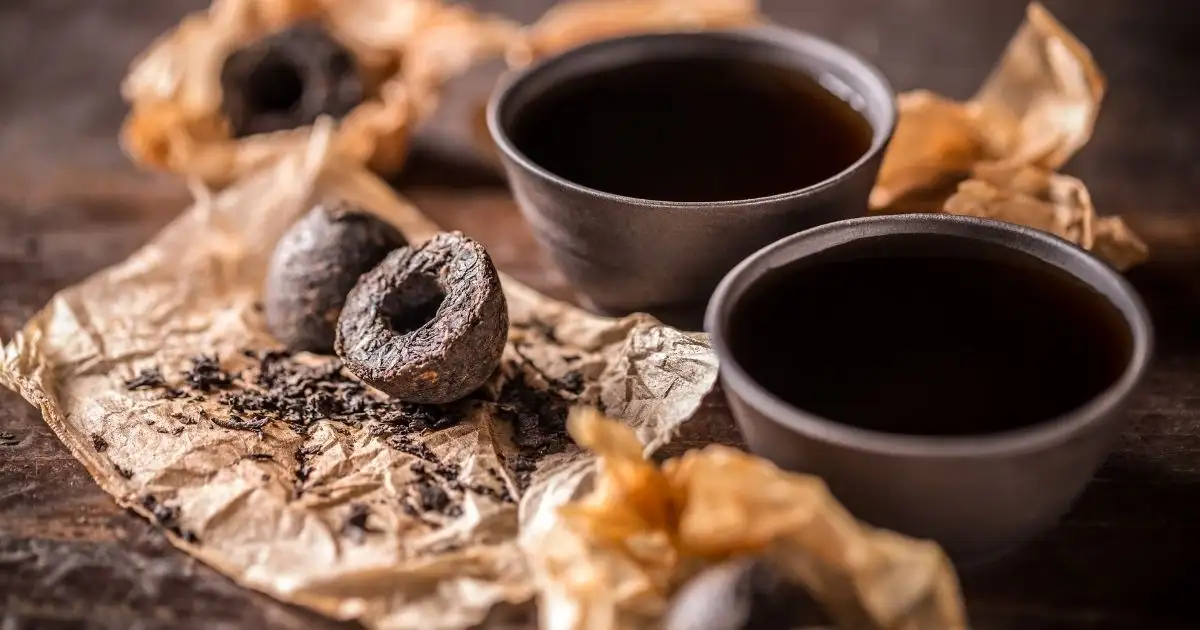
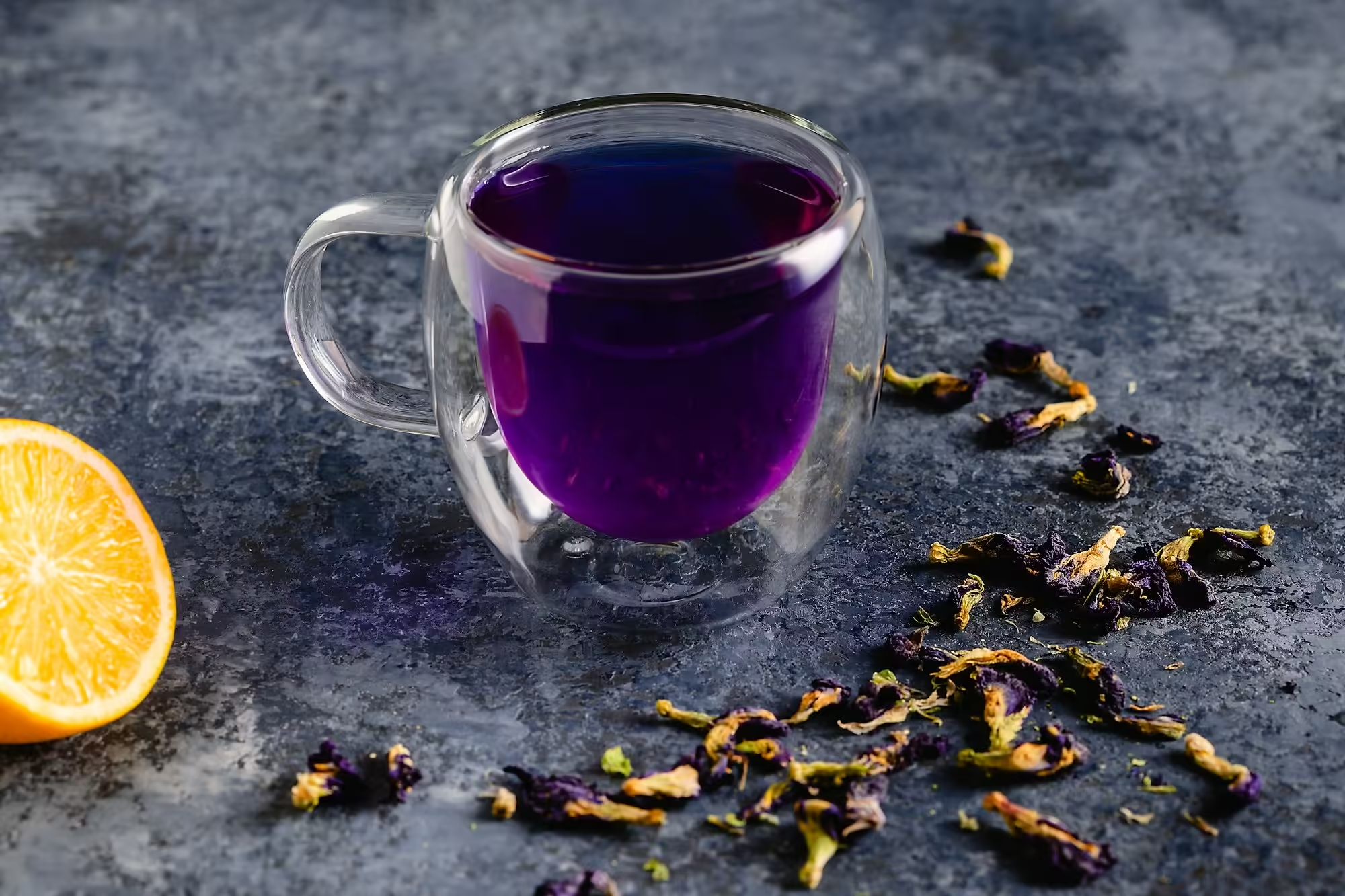
Copyright | Ceylon Wild Tea - All Rights Reserved | 2025
Post comments
This post currently has no comments.